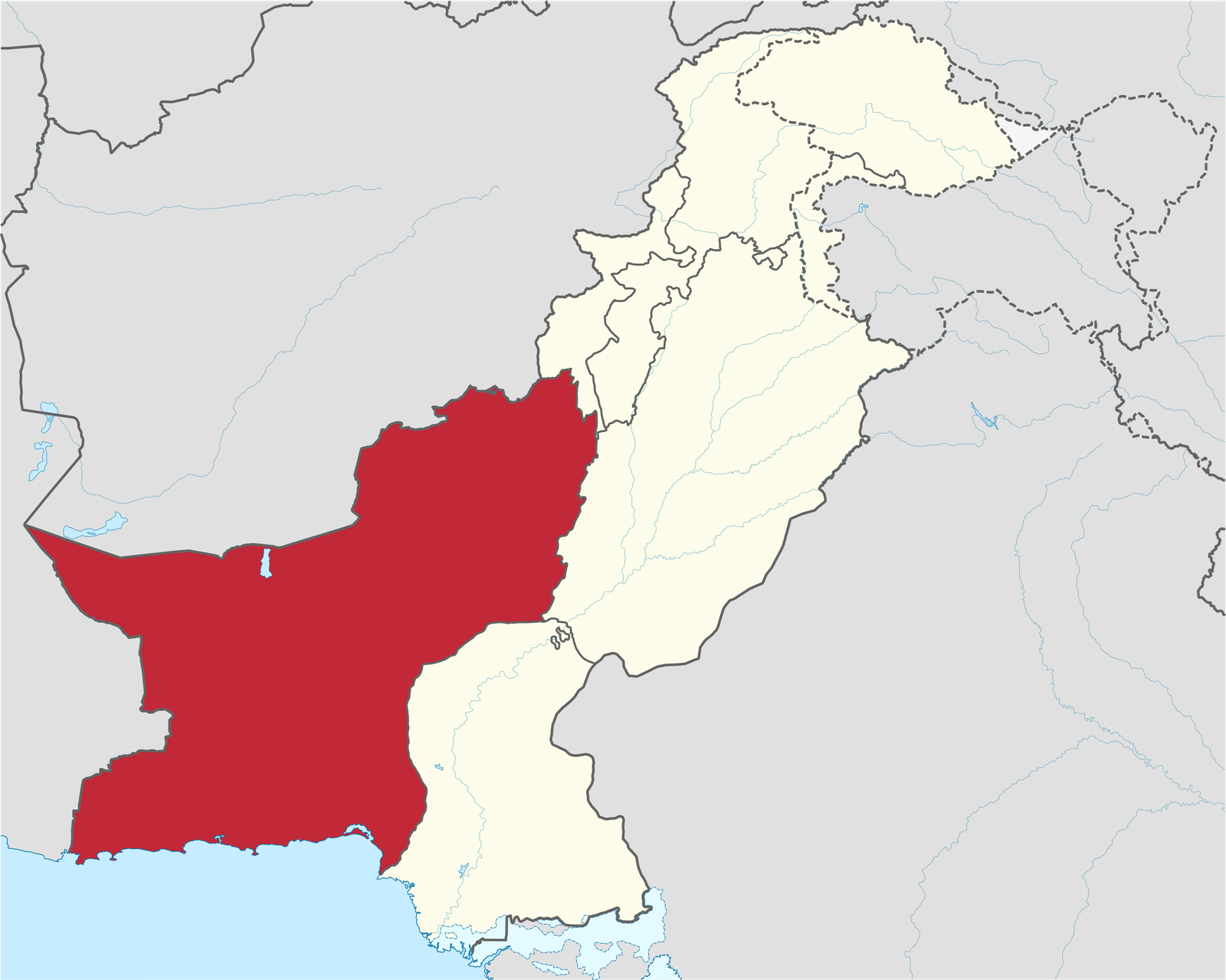Arshad Mahmood Awan
Political reforms refer to deliberate changes made to a country’s political system with the aim of improving its functionality, fairness, and effectiveness. These changes can encompass a wide range of areas, including the legislature, executive, judiciary, and electoral systems. In the context of Pakistan, where the current political landscape suffers from various systemic challenges, political reforms play a crucial role in building a stronger, more inclusive, and functional democracy.
Why are Reforms Needed in Pakistan?
Several factors highlight the dire need for political reforms in Pakistan:
- Fragile Democracy: A history of military coups, political instability, and weak democratic institutions has left Pakistan’s democracy vulnerable. Reforms are essential to strengthen democratic principles and ensure their long-term sustainability.
- Endemic Corruption: Corruption permeates various levels of government, eroding public trust, hindering economic development, and disproportionately impacting marginalized communities. Combating corruption requires robust reform measures.
- Limited Citizen Participation: Apathy and disillusionment with the political process weaken democratic legitimacy. Empowering the electorate through reforms can rekindle public trust and encourage active participation.
- Inefficient Bureaucracy: An ineffective bureaucracy creates roadblocks for citizens and businesses, hindering progress and frustrating citizens. Streamlining the bureaucracy and improving service delivery are crucial.
Areas Demanding Reform:
- Strengthening the Legislature: Empowering parliamentary committees, exploring alternative electoral systems, and decentralizing power can enhance accountability and responsiveness.
- Reining in the Executive: Establishing checks and balances, combating corruption, and streamlining the bureaucracy can prevent power abuse and improve governance.
- Empowering the Electorate: Investing in voter education, ensuring electoral integrity, and fostering civic engagement can create a more informed and active citizenry.
- Reforming the Judiciary: Guaranteeing judicial independence, improving access to justice, and implementing accountability mechanisms are vital for the rule of law and public trust.
Importance of Reforms:
Political reforms in Pakistan have the potential to:
- Enhance Democratic Legitimacy: By increasing public trust and participation, reforms can strengthen the legitimacy of democratic institutions.
- Combat Corruption: Robust anti-corruption measures can create a fairer and more equitable society with better resource allocation.
- Improve Governance: Streamlining bureaucracies and empowering local governments can lead to more efficient service delivery and responsive governance.
- Promote Economic Development: By creating a stable and predictable political environment, reforms can attract investment and foster economic growth.
- Build a More Inclusive Society: Empowering marginalized communities and ensuring their voices are heard can lead to a more just and equitable society.
Political reforms are not a magic bullet, but they represent a vital step toward building a stronger, more prosperous, and democratic Pakistan. By addressing the systemic challenges faced by the country, reforms can pave the way for a brighter future where all citizens have the opportunity to participate and contribute to the nation’s success. The journey toward this future requires not only comprehensive reforms but also sustained commitment, active public participation, and a willingness to confront vested interests. Only through such collective effort can Pakistan truly unlock its potential and create a political system that serves all its citizens.
Reforming Pakistan’s Political Institutions: A Multi-Pronged Approach
Pakistan’s political landscape faces numerous challenges, necessitating comprehensive reforms across various institutions. Here’s a breakdown of potential recommendations for each domain:
Legislature:
- Strengthen Parliamentary Oversight: Empower committees with investigative powers, financial autonomy, and access to expert resources to hold the executive accountable.
- Explore Electoral System Reform: Consider proportional representation to ensure diverse voices are heard, while maintaining thresholds to avoid fragmentation.
- Decentralize Power: Devolve decision-making to local governments, allowing them to address local needs more effectively and fostering public participation.
- Increase Transparency: Televise parliamentary proceedings, publish committee reports, and enhance public access to legislative information.
Executive:
- Establish Clear Checks and Balances: Define clear roles and responsibilities for executive branches, implement judicial review for executive actions, and empower the legislature to veto executive decisions.
- Combat Corruption: Strengthen anti-corruption agencies like the NAB, empower whistle-blowers, and implement clear asset declaration rules for public officials.
- Streamline Bureaucracy: Introduce meritocratic recruitment and promotion in the civil service, improve performance-based incentives, and eliminate redundant bureaucratic processes.
- Implement Performance-Based Budgeting: Track resource allocation based on measurable outcomes, promoting accountability and efficiency in government spending.
Judiciary:
- Guarantee Judicial Independence: Secure judges’ tenure, shield them from political interference, and establish a transparent process for appointments.
- Improve Access to Justice: Offer legal aid to marginalized communities, simplify legal procedures, and reduce court fees to enhance equal access to the justice system.
- Expedite Case Backlog: Invest in judicial infrastructure, utilize technology for efficient case management, and consider specialized courts for specific issues.
- Strengthen Judicial Accountability: Establish an independent body to investigate misconduct allegations against judges and recommend appropriate disciplinary actions.
Police:
- Professionalize the Force: Implement rigorous training programs, emphasizing human rights, community policing, and evidence-based investigation techniques.
- Improve Police-Community Relations: Increase community engagement through regular dialogues, address public grievances effectively, and promote transparency in police actions.
- Depoliticize Police Appointments: Implement meritocratic and independent selection processes for police leadership positions.
- Modernize Equipment and Infrastructure: Invest in technology-aided policing like CCTV cameras, forensic labs, and better communication systems.
Other Institutions:
- Independent Media: Foster a diverse and vibrant media landscape, free from political and economic influence, to facilitate critical oversight and public awareness.
- Electoral Commission: Strengthen the ECP’s independence by providing secure tenure for commissioners, ensuring adequate budgetary resources, and empowering them to enforce electoral laws effectively.
- Civil Society Organizations: Create an enabling environment for CSOs to function freely, play their role in advocacy and civic engagement, and hold government accountable.
Implementation Strategies:
- Public Engagement: Foster public debates and discussions on proposed reforms to build consensus and encourage ownership.
- Phased Approach: Prioritize critical reforms and implement them in a phased manner to ensure smooth transition and adaptation.
- Independent Oversight: Establish independent monitoring bodies to oversee the implementation of reforms and address potential setbacks.
- Long-Term Commitment: Acknowledge that reforms are a continuous process requiring sustained political will, commitment, and resource allocation.
Reforming Pakistan’s political institutions requires a multi-pronged approach tackling various interconnected challenges. While the road ahead is complex, these recommendations highlight potential pathways towards building a more accountable, efficient, and equitable political system that serves all citizens and fosters a brighter future for Pakistan. Remember, achieving meaningful change requires not only policy shifts but also sustained public engagement and a collective commitment to building a stronger, more democratic Pakistan.
Please, subscribe to the YouTube channel of republicpolicy.com
















